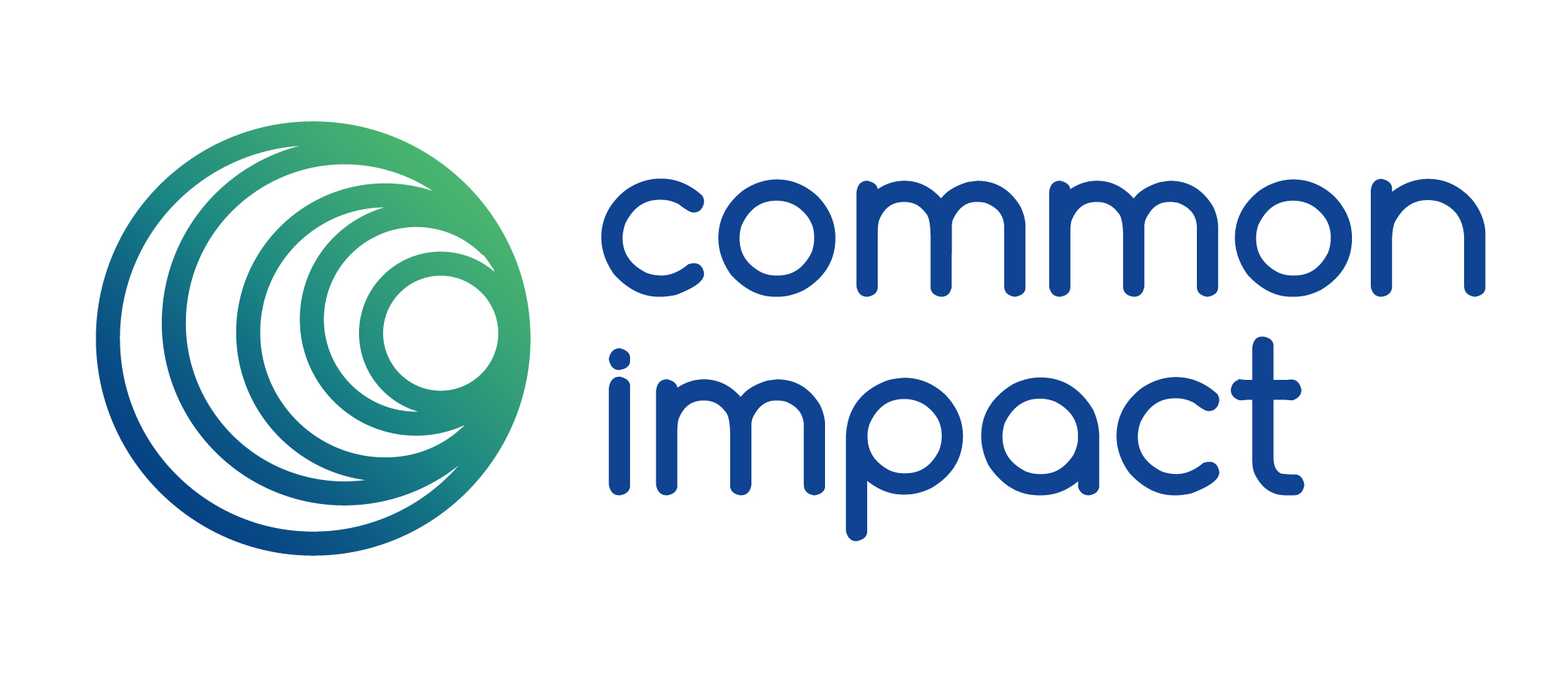A Multi-Sector Muscle
by Danielle Holly

by Danielle Holly, Common Impact
At Common Impact, one of the joys of our work is facilitating the positive social change that springs from cross-sector partnerships. At its core, skills-based volunteering brings engaged participants from the corporate and nonprofit sectors together – connecting smart people with very different perspectives and backgrounds to solve a common challenge. It is always clear that from our skills-based volunteer programs, concrete solutions emerge that address key nonprofit challenges – whether that solution is a new website to showcase an organization’s impact or a strategic plan to launch the next phase of its growth. A subtler, but perhaps more critical result of these projects, is the effect these engagements have on the individuals who choose to get involved. All of these professionals – regardless of their level of experience, their job, or their sector – leave skills-based volunteering engagements with the ability to navigate relationships and initiatives across sectors. Effectively, they have strengthened their multi-sector muscle.
The challenges facing our communities transcend sectors and categories – they always have. Still, in an increasingly connected smartphone society, we are now constantly exposed to the immediate and profound impact that individuals can have on helping advance solutions to those challenges – ranging widely, from the success of fundraising initiatives like the Ice Bucket Challenge to collectively motivated action in California to address water scarcity. And we see the drive that our next generation of leaders has with respect to prioritizing healthy communities in their work – whether that’s pressuring their employers to beef up community engagement programs or starting their own social enterprises. In this environment, it is increasingly important that businesses develop professionals who have that strong multi-sector muscle, that is, those with the capability to define and implement strategies that leverage different models, perspectives, and resources from across the public, private, and nonprofit sectors.
In 2013, Nick Lovegrove and Matthew Thomas eloquently articulated the characteristics that define these new leaders in their HBR article, “Why the World Needs Tri-Sector Leaders.” As with any leadership skill, these six characteristics are all qualities that aspiring leaders need to intentionally develop.
- Balanced motivations. A desire to create public value no matter where they work, combining their motivations to wield influence (often in government), have social impact (often in nonprofits) and generate wealth (often in business);
- Transferable skills. A set of distinctive skills valued across sectors, such as quantitative analytics, strategic planning, and stakeholder management;
- Contextual intelligence. A deep empathy for the differences within and between sectors, especially divergent languages, cultures, and key performance indicators;
- Integrated networks. A set of relationships across sectors to draw on when advancing their careers, building top teams, or convening decision-makers on a particular issue;
- Prepared mind. A willingness to pursue an unconventional career that zig-zags across sectors, and the financial readiness to take potential pay cuts from time to time; and
- Intellectual thread. Holistic subject matter expertise on a particular tri-sector issue by understanding it from the perspective of each sector. [1]
Of course, while cross-sector models are now increasingly evident, such as when a nonprofit adopts a market-based approach to advancing its mission or we witness the rise of large “for-purpose” companies such as Patagonia and Etsy, our collective approach to talent and leadership development is still highly sector- and role-specific.
And that is where pro bono and skills-based volunteerism can become a game-changer. Pro bono consulting engagements not only knit together the corporate, public, and nonprofit expertise in the room, but they also create an entirely new set of competencies in working within and changing the structures, constraints, and mindsets of diverse ecosystems. They develop functional and transferable skills, such as exposing finance professionals to the differences between nonprofit and corporate accounting. They require the development of contextual intelligence, where the “bottom line” success of organizations is measured very differently in one room versus another – from dollars on an income statement to hungry mouths fed from the pantry. They strengthen integrated networks by introducing neighbors and colleagues that would never otherwise meet, demanding of them that they quickly “form, storm, and norm” to define new solutions to old challenges. They provide a real-time incubator for the skills that all professionals need to truly inform change both inside their organizations and more broadly in our communities.
Over the next month, we will be sharing the stories of leaders whom we’ve seen develop that multi-sector muscle through their work with Common Impact – and chatting about it live in 140 characters or less during our upcoming #GivingTuesday Twitter chat! Please join in the conversation and share how skills-based volunteering has helped you and your team develop the empathy, skill, and networks that enable you to succeed as the kind of change-makers you want to be.
[1] Lovegrove, Nick and Matthew Thomas, Why the World Needs Tri-Sector Leaders, Harvard Business Review, February 13, 2013

